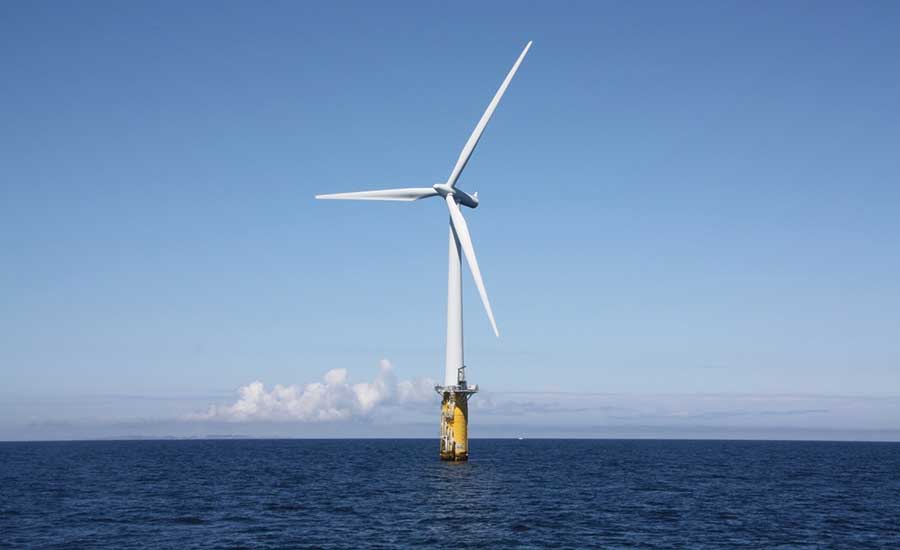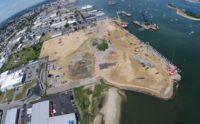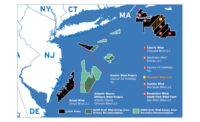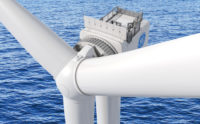Massachusetts has opted to delay by at least one month its much-anticipated choice of a developer to build a 400-MW to 800-MW offshore wind farm—citing the unexpected complexity of bids received, complications of three extreme storms in March and an outside jurisdictional decision affecting the state. The state’s three utilities on April 23 notified officials that the May 23 selection will not affect the July 2 contract execution date, attorneys said in a letter.
Utilities National Grid, Eversource Energy and UNITIL said the three developer proposals received in response to a solicitation last June actually were made up of about 20 separate bids—some with multiple pricing and other options, including several complex scenarios that require detailed and demanding analysis. Baystate Wind submitted two bids with eight project variations. Vineyard Wind proposed two 400-MW wind farms combined with 1,600 MW of expandable transmission and a plan to accelerate supply chain development. Deepwater Wind proposed adding offshore wind incrementally to await falling costs and building grid-scale pumped storage and expandable transmission. It said the incremental addition could save ratepayers from $300 million to $600 million.
Three nor’easters in the first two weeks of March delayed members of the utilities’ evaluation teams from completing proposal analyses. Evaluation also was affected by New Hampshire regulators’ decision to deny approval of the Northern Pass—a 1,090-MW, $1.6-billion high-voltage direct current transmission line—to transport Canadian hydropower to New England. Massachusetts had selected Northern Pass to provide 9.5 million MWh to blend renewable energy sources.
Massachusetts said March 28 that it instead would negotiate with the runner-up, a joint venture of Avangrid and Hydro-Quebec for New England Clean Energy Connect—a 1,200-MW high-voltage transmission project to transport Canadian hydro generation through Maine. Offshore wind got a boost in early April when the U.S. Bureau of Ocean Energy Management began a review of all Atlantic Coast waters for wind-lease sites. The action, along with movement on lease areas off New York and Massachusetts, adds to market optimism, the American Wind Energy Association said.






Post a comment to this article
Report Abusive Comment